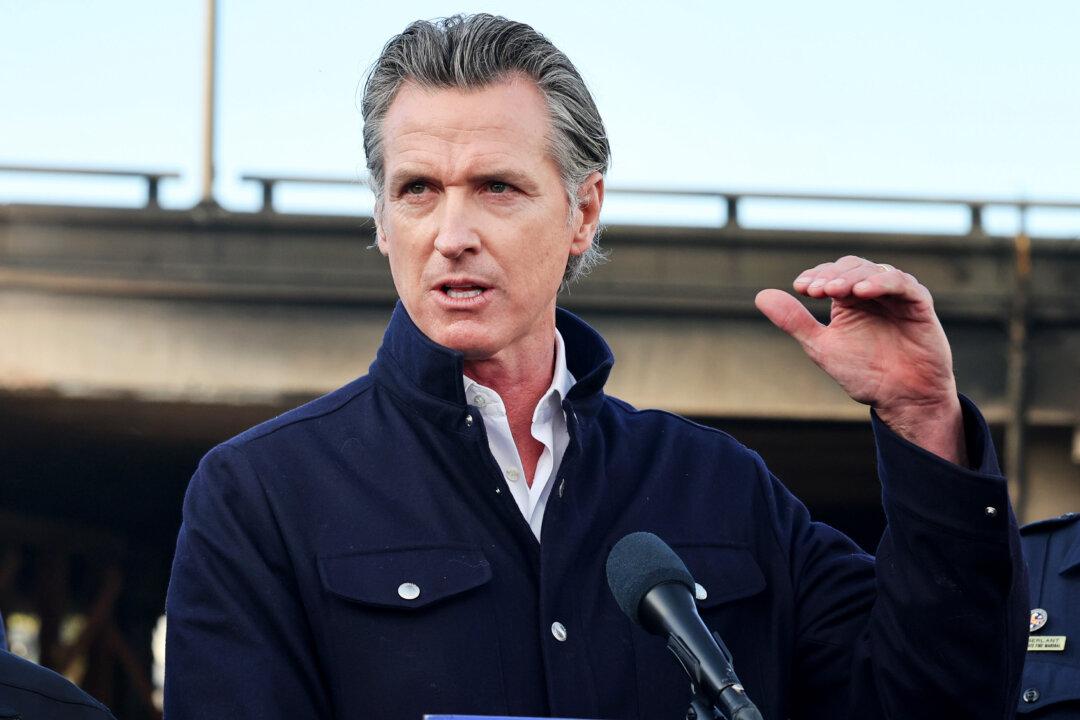After speculation erupted into controversy that donations from billionaire Greg Flynn—founder, chairman, and chief executive officer of the Flynn Restaurant Group—to California Gov. Gavin Newsom totaling $226,800 since 2018 resulted in unique exclusions to a new law regulating fast-food restaurants, the governor’s office Feb. 29 dismissed the notion.
“The Governor never met with Flynn about this bill and this story is absurd,” Alex Stack, spokesperson for the governor, told The Epoch Times by email Thursday. “Our legal team has reviewed, and it appears Panera is not exempt from the law.”





